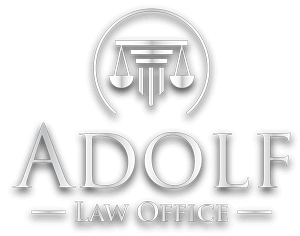A person’s debts could exceed their assets and income potential by an overwhelming amount. Indiana residents unable to pay secured and unsecured debt could take advantage of bankruptcy laws. Filing for bankruptcy may provide solutions, but it could come with additional concerns. Some residents might wonder if bankruptcy affects how they file taxes. Things don’t change dramatically, but there may be extra requirements.
Tax filing requirements for those in bankruptcy
The Internal Revenue Service statutes point out that individuals filing for bankruptcy must stay on top of their tax filing requirements. Once the bankruptcy case commences, the rules state that the debtor must file a tax return on time or request an extension. Failure to perform either action may result in a change in the chapter status or even the case’s dismissal. When the “taxing authority” makes a formal request for a return, the debtor has 90 days to comply. If not, then the bankruptcy court must dismiss or convert the case.
A change in filing status could create complications for someone already struggling with debt issues. Chapter 7 might be the preferable bankruptcy option, so a conversion to Chapter 13 may result in added financial stress. The outright dismissal of the bankruptcy case could likely be much worse. Therefore, the debtor may that find taking steps to timely file tax returns becomes an essential part of the bankruptcy process. Those who haven’t filed a tax return in several years may find that compliance requires gathering records and performing other tasks.
Other issues to address when filing for bankruptcy
Tax filing requirements may be complicated and overwhelming to those trying to make sense of the Bankruptcy Code. The debtor may understand the process of filing a 1040 individual return but feel confused about the requirements for a 1041 bankruptcy estate return.
Additional concerns and responsibilities may arise as time passes and the next tax filing date looms. Amassing more tax debt and not being able to make payments might complicate the bankruptcy case.
Making sense of bankruptcy law and the tax code may come with challenges. A debtor may want to speak with an attorney to discuss how to move forward.




